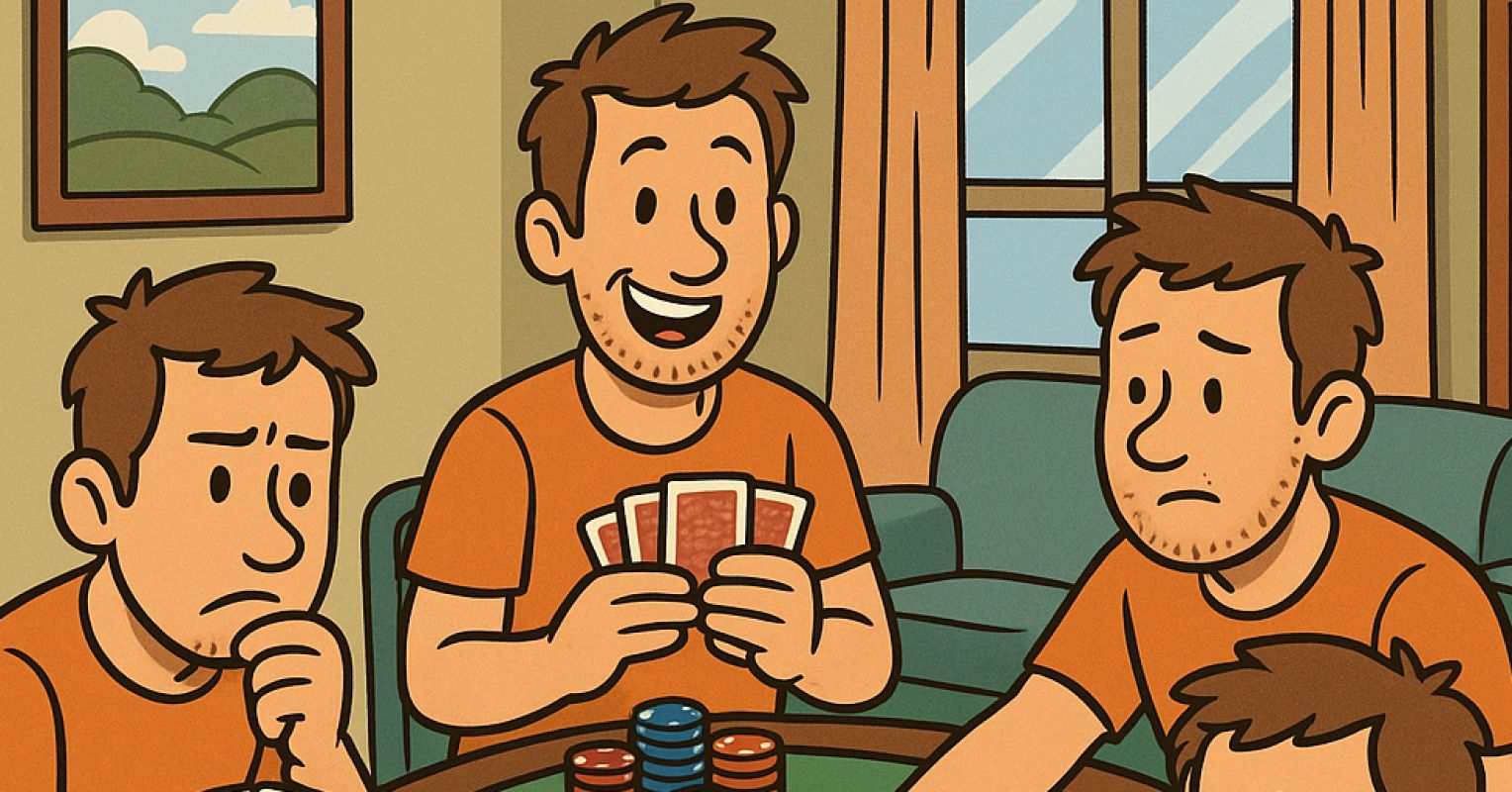
"Many individuals heavily scrutinize their decision-making, particularly when stakes are high, leading to rigorous self-judgment based on outcomes, often overlooking factors beyond their control."
"The tendency to judge decisions solely on their outcomes, also called results-oriented thinking, fosters unnecessary regret and self-blame, overshadowing the role of chance in life."
Many individuals excessively analyze their decisions, especially in high-stakes situations, leading to negative assessments when outcomes are unfavorable. They experience intense regret and self-blame, reinforcing a negative self-image. This pattern reflects results-oriented thinking, which minimizes the impact of chance on the outcomes of decisions. Clients frequently struggle with this mindset, believing their choices are solely responsible for the results, despite uncontrollable factors influencing their decisions. The focus should instead be on the decision-making process and the considerations taken beforehand, accepting that the ultimate results are sometimes out of individual control.
Read at Psychology Today
Unable to calculate read time
Collection
[
|
...
]